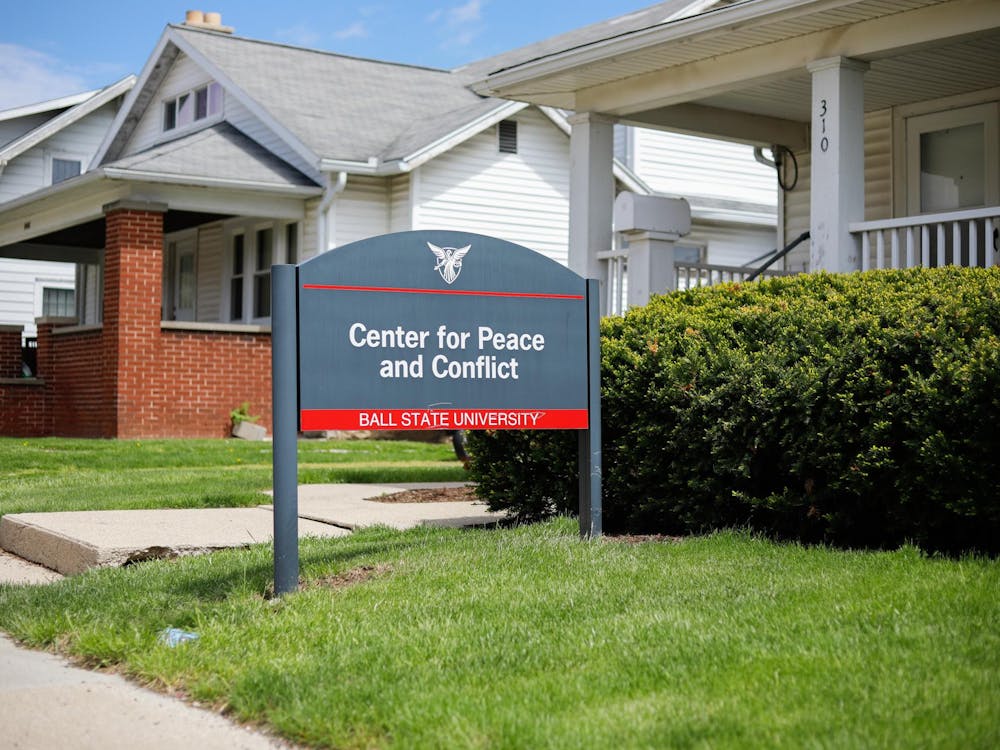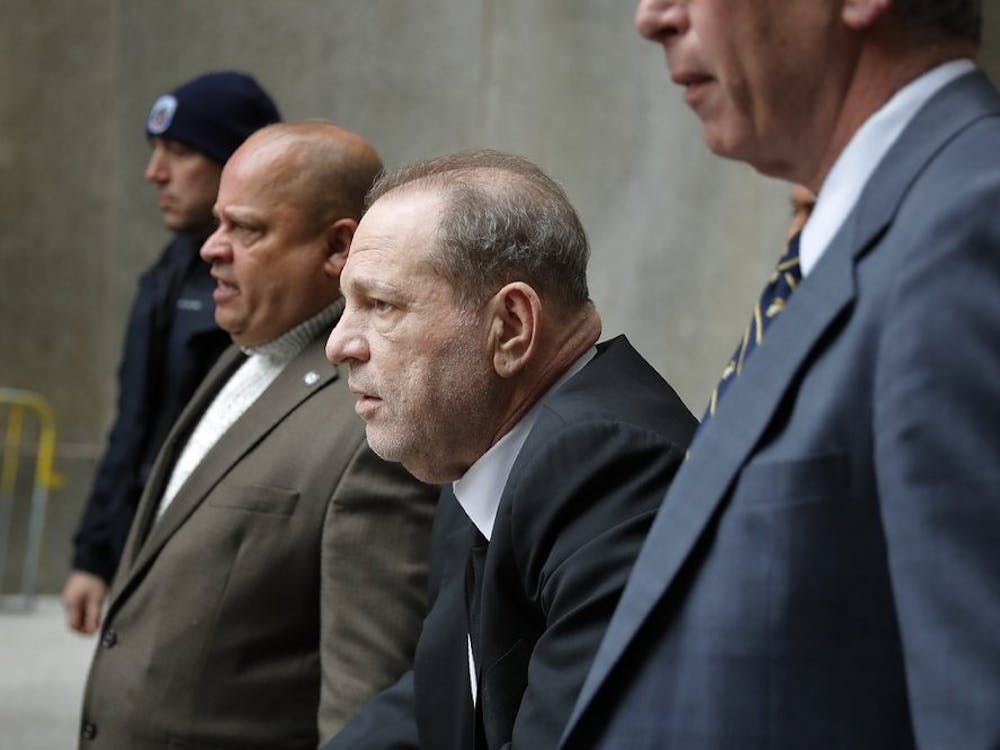Five women with disabilities sat on a panel for an hour in the L.A. Pittenger Student Center on March 26 to discuss life with a disability and identity challenges and gifts. The panel was a part of the Women and Gender Studies’ Womens Week.
The moderator of the panel, Donelle Henderlong, an employee of Disability Services and a graduate student studying student affairs, is confined to a wheelchair and only maintains function of her right hand. Henderlong coordinated the panel hoping to inform students of issues disabled women encounter.
Other panelists included sophomore Tara Abella, who is blind; sophomore Lauren Slaven, who is autistic; and junior Sari Hammerstrom, who has dyslexia, an anxiety disorder and ADHD, a nonverbal learning disorder.
“I’m always the first in the library and the last to leave,” said Hammerstrom, an interpersonal communications major, jokingly.
The Disability Services office was recently named one of 75 schools that exceed mandates in regards to accommodating disabled people, according to its website. This drew all of the panelists to Ball State.
The panelists were asked how having a disability impacts identity and personality. The panelists maintained a common sentiment, stating their disability is important to them but does not define them.
“My disability, [cerebral palsy], is the last thing I list off about me," said Lizzie Ford, a freshman psychology major. "It’s influenced me, it’s changed me, but I’m quirky and weird and I let my personality outshine it."
Ford said she feels relieved when others accept her personality over her disability.
Being an independent disabled person is empowering but also frustrating, Abella said. She described a YouTube video in which a blind woman’s husband followed her to work each day to assure her safety.
“Everyone said, ‘Oh, he’s so sweet,' but I was kind of annoyed,” Abella said. “I felt like that video was taking away her independence, because she can get to work on her own. I don’t want disabled women to be portrayed as such weak and dependent people.”
Ford agreed with Abella, explaining that Ball State has renowned Disability Services, but the world outside of campus does not, which is where she runs into trouble.
“When I’m at home, I’ve actually been approached by people who were concerned that I was out by myself. If I’m with someone and they leave my side, I’m almost immediately approached by someone who asks, ‘Oh, are you okay?’ Yes, I’m okay. I can be alone,” Ford said.
The Disability Services office encourages its clients to advocate for themselves, Henderlong said.
Self-advocating is a key principle to success, Slaven said. She said she isn't afraid to ask for help.
“Nobody advocates for me but me. I ask for help, even if it’s something as little as, ‘Please cut this tag out of my shirt,'” Slaven said.
The discussion of speaking up allowed Hammerstrom to tell the unorthodox story of her admittance into Ball State. Hammerstrom was initially waitlisted for Ball State and had been accepted into University of Kentucky.
“I drove to Ball State and set up an appointment with admissions. I brought letters of recommendations, my portfolio and résumé, and I said, ‘I need to be here.' I wanted to go to Ball State because of the accommodations for disabilities, so I basically talked my way in here,” Hammerstrom said.
Disability Services offers priority scheduling, referrals to tutors, notetakers and additional help with classroom access. Although Disability Services is renowned, it is not without flaw, Henderlong said.
“As far as flaws go, nothing is glaring. But we’re not perfect. No university is perfect, but what we offer is comparable to none,” Henderlong said.




